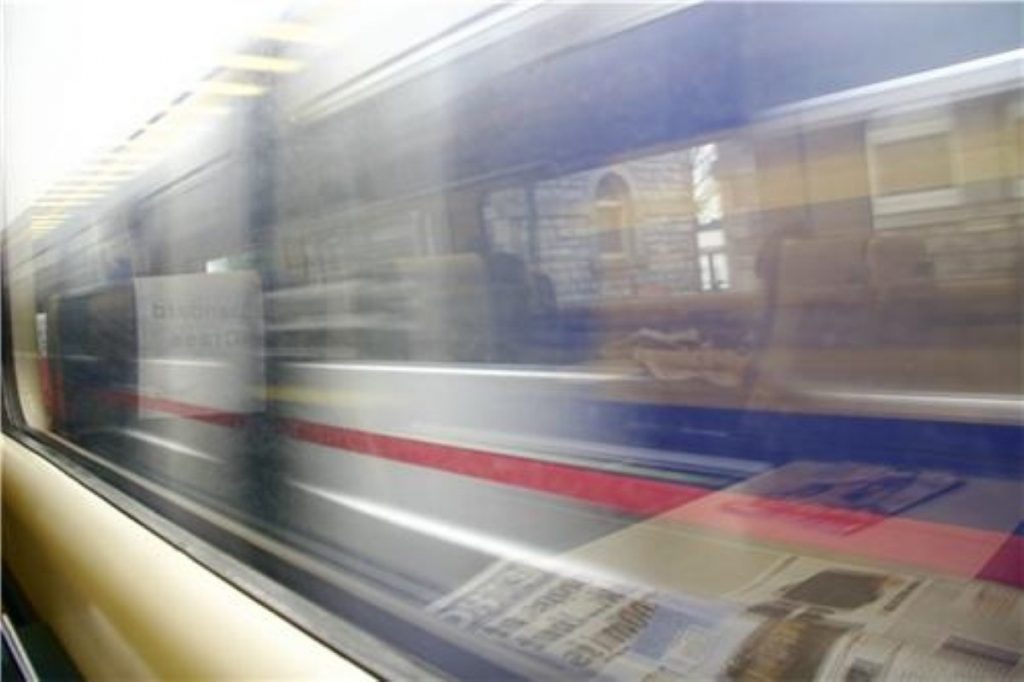Train fares rise ‘to ease overcrowding’
The Conservatives have accused the government of increasing train fares to cut overcrowding on Britain’s railways.
From today, government regulated fares, which include season tickets, will go up by an average of 4.3 per cent, while some unregulated fares, including day returns and open tickets, are up by more than seven per cent.
The Association of Train Operating Companies (Atoc) defended the increases on unregulated fares, arguing that the revenue was necessary to pay for ongoing improvements on the railways – which were reflected in higher passenger satisfaction.
However, shadow transport secretary Chris Grayling accused ministers of deliberately using the fare system to force people off the trains – despite claims to want to get people out of their cars and on to public transport.


“These fare increases are being dictated by ministers, who now specify in minute detail what rail companies can or can’t do,” he said.
“My own view is that they are deliberately putting train companies under pressure to push up fares because it’s the only way they can think of to deal with the increasing problem of overcrowding on our trains.”
He claimed that figures from the Office of the Rail Regulator show how passengers on the railways are set to increase by more than 30 per cent in the next seven years – but capacity will to remain the same.
However, a spokesman for the Department for Transport (DfT) insisted it was up to rail firms themselves to decide the unregulated fare based on “commercial reasons”.
On the issue of regulated fares, he said the government must strike a balance between what taxpayers must pay in terms of state funding for the railways, and what passengers should pay for their improved service.
The spokesman argued that even with above inflation increases in regulated fares, tickets were still three per cent lower in real terms than they were in 1996. This was despite investment in huge projects such as the west coast mainline and Channel Tunnel rail link.
Virgin West Coast is putting its fares up by an average of 6.6 per cent, Midland Mainline by 5.9 per cent and Central Trains by 5.7 per cent. The lowest average increases are on Merseyrail, at 3.2 per cent.
Mr Grayling said: “Ministers promised us big capacity improvements, less overcrowding, and a better reason for people to leave their cars at home and take the train – all by 2010.
“Now in 2007, it’s clear that virtually none of those improvements are going to happen – and the government’s only strategy now is to try to use fare increases to keep overcrowding under control. So much for an integrated transport strategy.”









